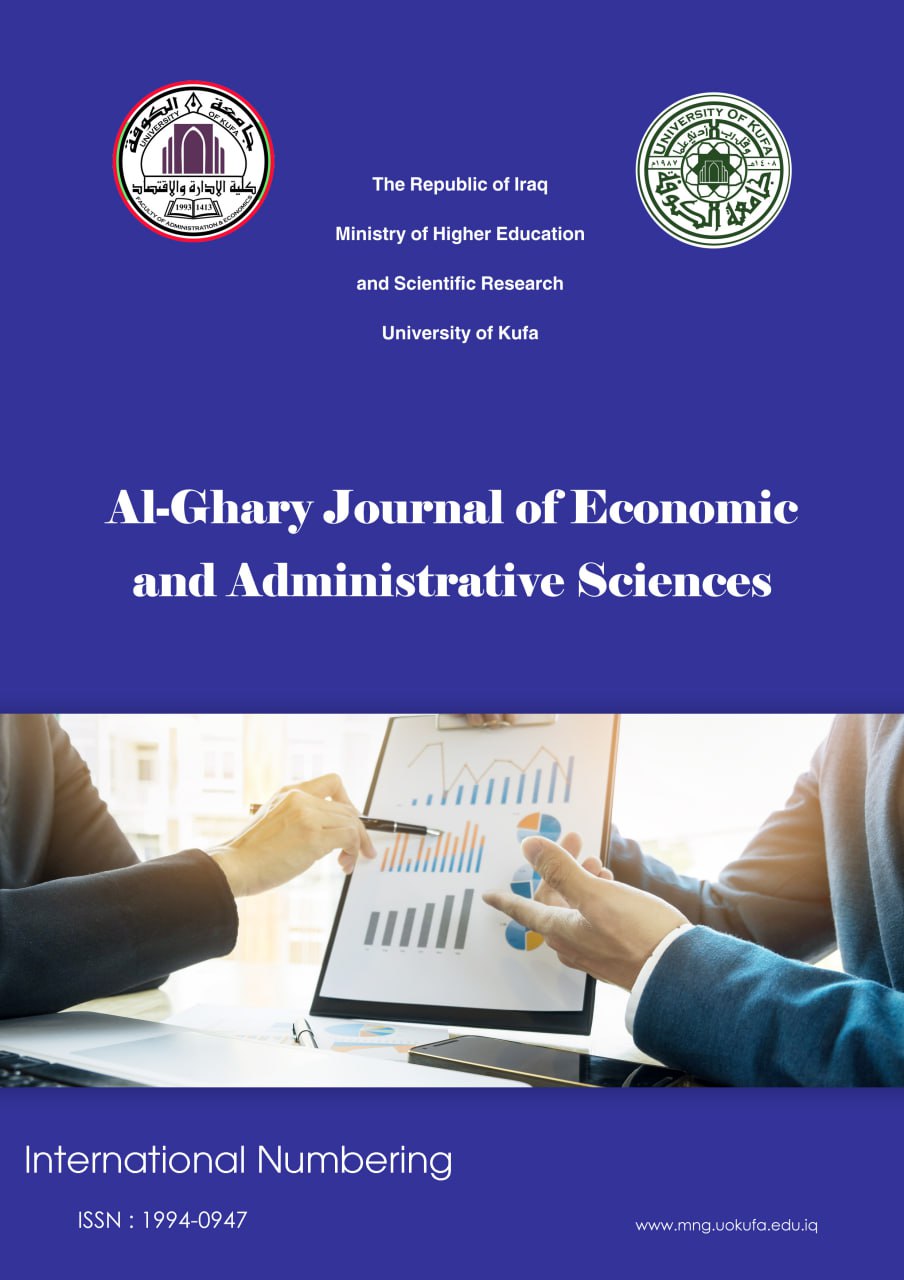The impact of the three-semester system in Saudi universities on the pillars of the educational process - an analytical study
DOI:
https://doi.org/10.36325/ghjec.v19i4.14369Abstract
This study aimed to identify the third reality of the three classes in university education on the pillars of the educational curriculum (student, educational classes, faculty member) in the Kingdom of Saudi Arabia. In schools that did not use the three-class system.To achieve the objectives of this study, the researcher used the questionnaire as a computer-based tool, as it contained (40) items distributed over two axes: teaching and amateur learning and the faculty axis (against a large number of students and faculty members).The study concluded that the three-semester system negatively affects students, their attendance, completion of academic courses, and their participation in student activities, and increases pressure on them in all aspects of the educational process. It also affected the academic courses and the process of completing them, as well as the impact of the faculty member in his suffering in... All academic aspects (including an increase in teaching loads, numbers of tests, grading answer sheets, academic advising work, etc.).The study recommended working to abolish the three-semester system in the universities that still operate it and return to the two-semester system per year, with a summer semester at the end of the academic year.
Downloads
Downloads
Published
How to Cite
Issue
Section
License
Copyright (c) 2023 ABDELNASSIR TALAB HASSAN Talab

This work is licensed under a Creative Commons Attribution 4.0 International License.
which allows users to copy and create excerpts and summaries, and thus create new scientific works from the article or modify it and benefit from the scientific material, provided that the user refers to the link to the original article









